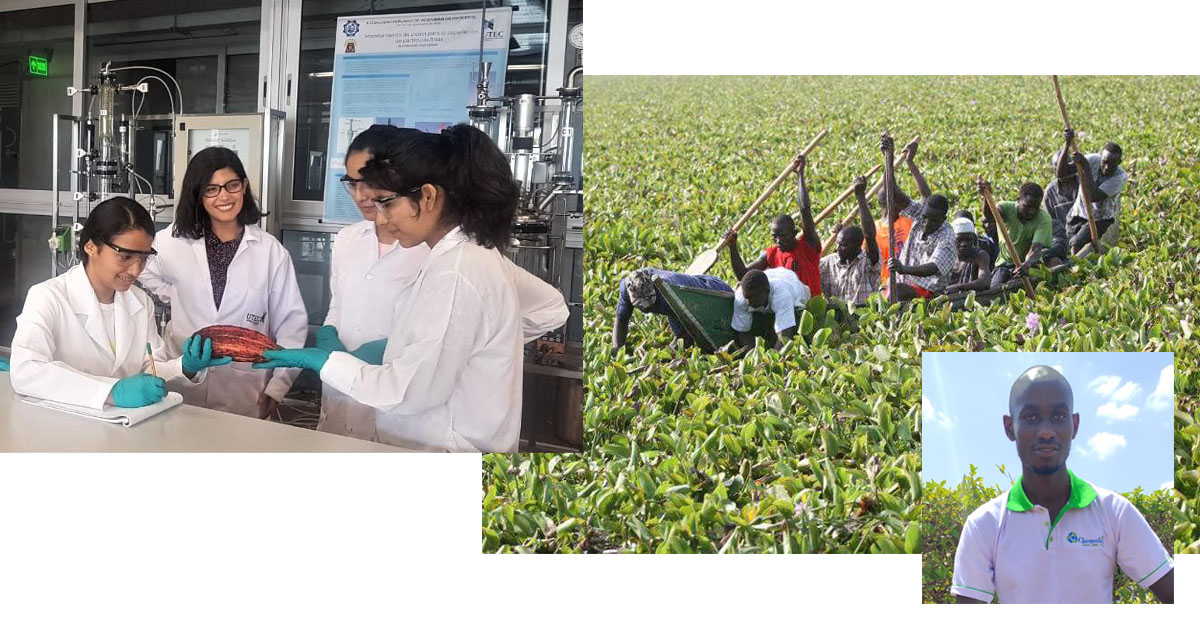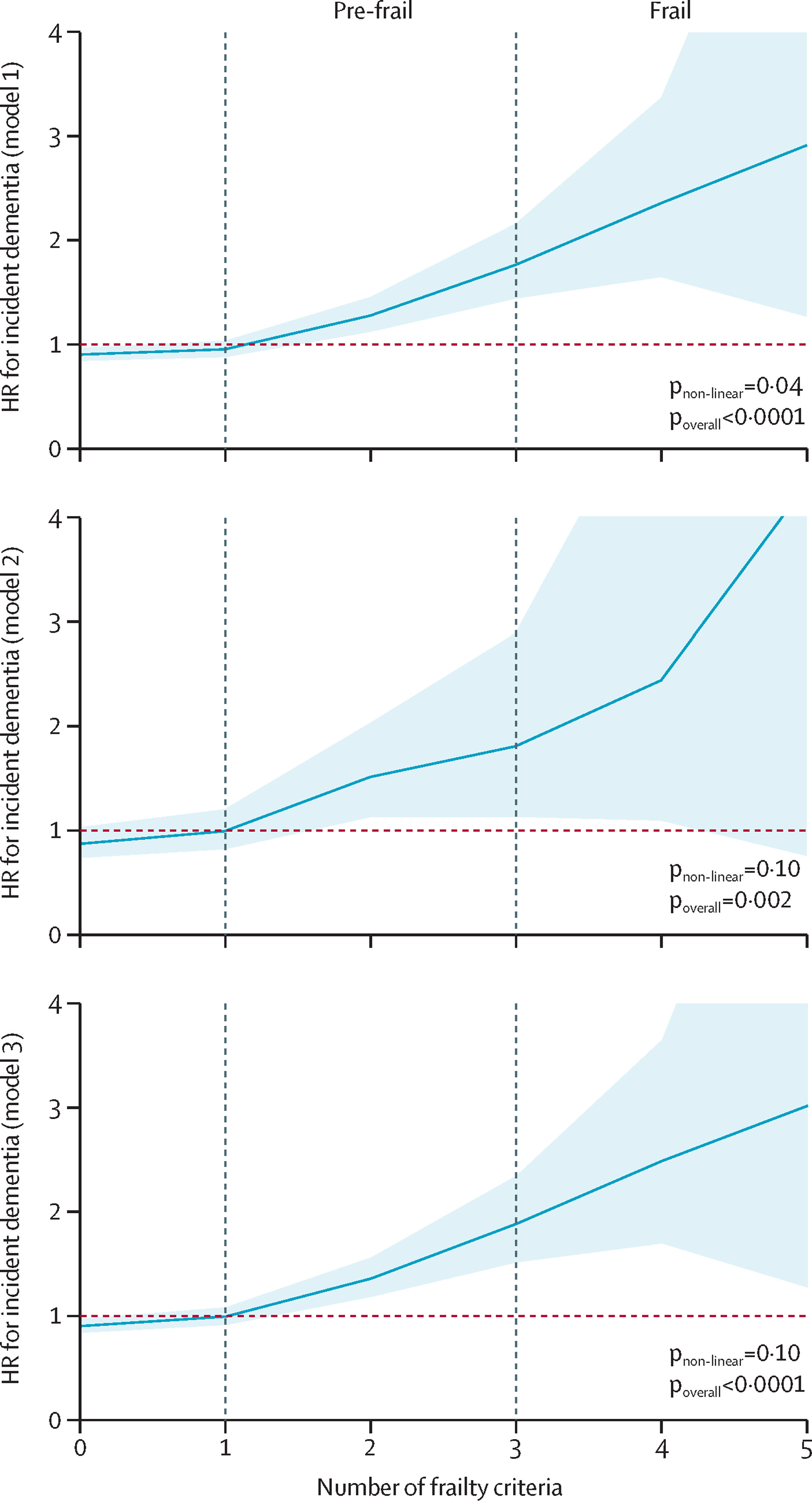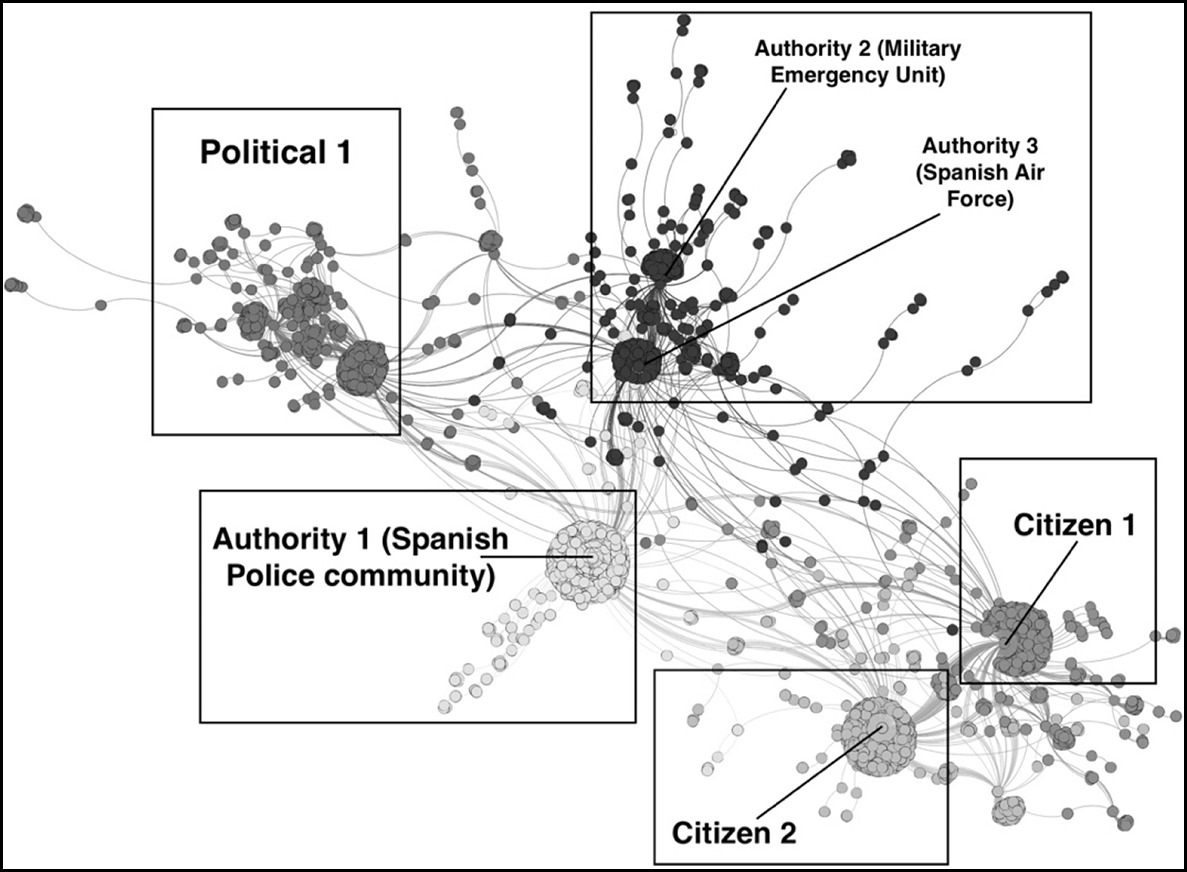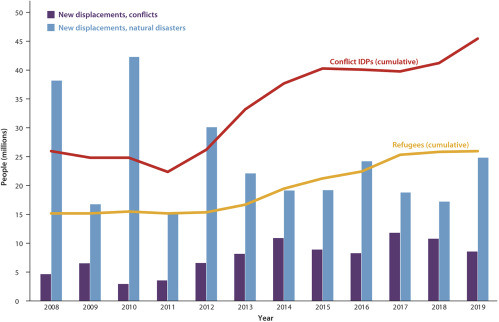12th November 2020
Global Food Security,
Volume 27,
2020,
100442,
ISSN 2211-9124,
https://doi.org/10.1016/j.gfs.2020.100442.
9th November 2020
Global Citizen, 26th October 2020
One Earth, Volume 3, 23 October 2020
Climate change is reshaping the comparative advantage of regions and hence driving migration flows, principally toward urban areas. Migration has multiple benefits and costs in both origin and destination regions. Coordinated policies that recognize how and why people move can reduce future costs and facilitate adaptation to climate change both within borders and internationally.
Social Sciences & Humanities Open, Volume 2, Issue 1, 2020, 100074, ISSN 2590-2911





